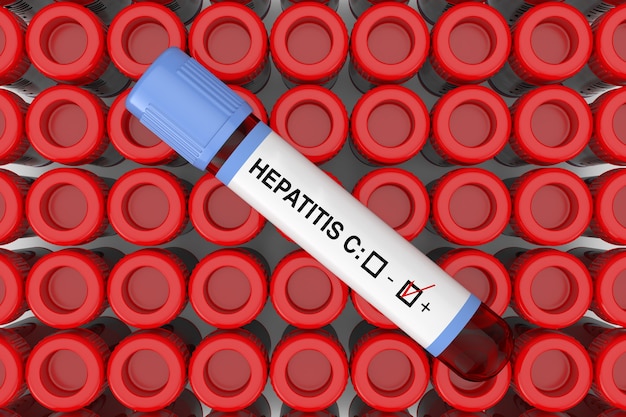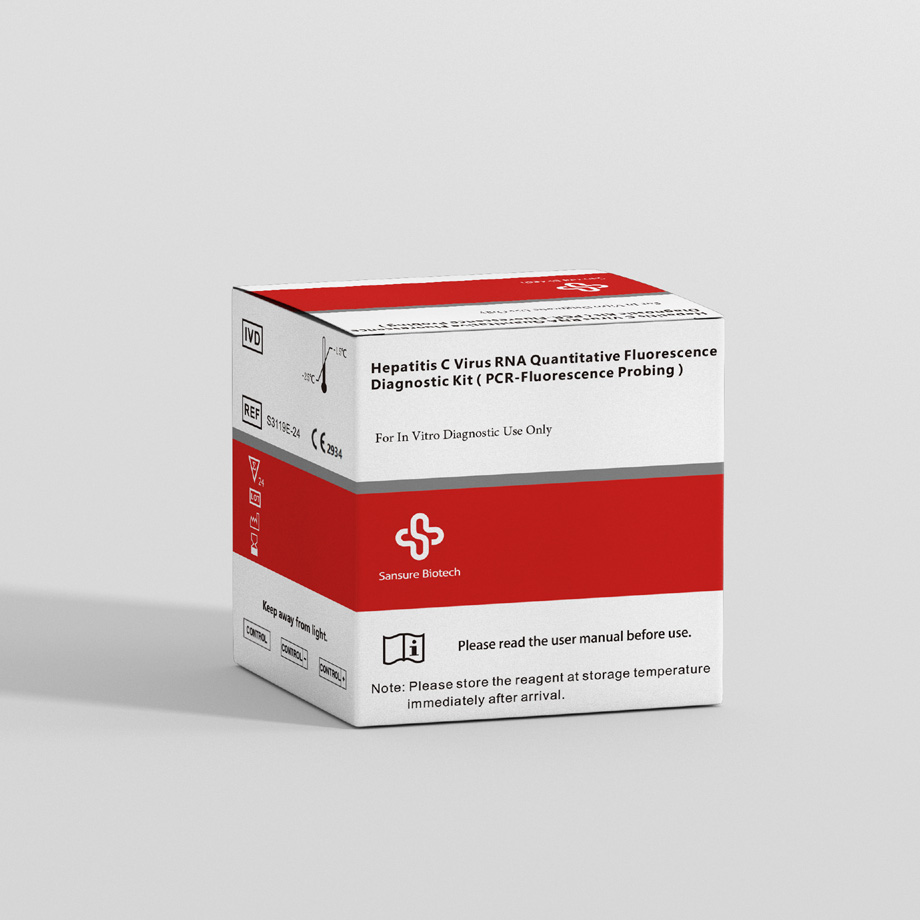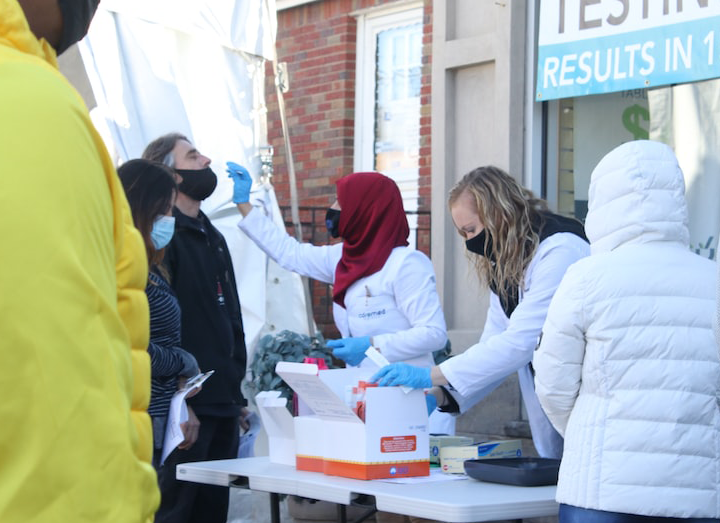HCV, an Underestimated Killer that Calls for Timely HCV RNA Test
Compared with the notorious HBV, HCV is a less known, yet similar serious virus that can damage the liver and lead to cirrhosis, liver failure, and even liver cancer. This viral infection has huge harms on patients’ health and life quality and has become a social and public health issue.
So, don’t be fooled by its name and mistakenly believe that HCV is less damaging than HBV for the hilarious impression that C is one letter behind B. Many people with HCV are unaware that they have the virus and may develop symptoms only after having significant liver damage. HCV can be fatal if left untreated. Therefore, it is crucial to undergo early HCV screening and diagnosis using one of the HCV RNA tests. Fortunately, despite the fact that there is no vaccine to prevent HCV, HCV infection can be cured! The medical treatment for HCV is advanced direct-acting antiviral agents (DAAs), and currently, there have been dozens of medications available used in clinical practice.

The Main Differences Between HCV and HBV
- Symptom
Hepatitis B and hepatitis C are both viral infections that may cause damage to the liver. They can cause the liver to become swollen and inflame and, over time, leading to scarring or fibrosis if left unattended to. Fibrosis may develop into permanent cirrhosis which may cause liver failure and increase the risk of getting liver cancer.
- Infection manners
The most significant difference between hepatitis B and hepatitis C is that hepatitis B is mainly caused by mother-to-fetus transmission, while hepatitis C is usually only transmitted through blood. HBV and HCV can cause similar symptoms in both the acute and chronic infection stages. However, HCV is more likely than HBV to become a chronic condition.
- Prevention and treatment methods
Sadly, despite the research and development on the vaccine for the past 3 decades, there is currently no effective vaccine against HCV, mostly due to HCV’s unique natures. Unlike HAV and HBV, HCV is more variable, occurring in at least 7 genotypes with 60 subtypes that has been identified currently, and there could be more yet to discover [1]. With that being said, HCV is not an incurable infection. Most patients suffering from HCV can be cured after 2 to 3 months’ antiviral treatment.
The ideal treatment options are based on the type and stage of the infection. Antiviral medications might be recommended for acute and chronic forms of HBV and HCV. Patients might require liver transplantation if the condition accelerates to the liver cirrhosis stage. To avoid such situations, one must undergo early HBV and HCV screening and diagnosis.
Prevention is Better Than Cure
It is clear that hepatitis B and hepatitis C are severe and can be fatal if not attended to. Therefore, there are some preventive measures available to help prevent the transmission of hepatitis, such as:
- Prevention
Luckily, there is a vaccine available for HBV. This vaccine stimulates the body to make antibodies that can fight the hepatitis B infection. Indeed, there are no available vaccines for HCV, but particular lifestyle practices can help prevent the transmission of both viruses, including:
- abstaining from sharing needles
- practicing safe sex, especially if having multiple sexual partners
- ensuring that tattoo parlors use good safety practices
- trying not share personal items, such as razors
- Screening
Due to the fact that so many people living with chronic hepatitis C show few signs of infection, the infected patients do not get tested in time. Consequently, they do not know about their conditions until having permanent liver damage.

As one of the most important measures taken by WHO to eliminate hepatitis, hepatitis screening involves testing your blood sample for antigens and antibodies to determine whether you’ve been infected by viral hepatitis. The importance of HCV screening is not to be neglected. The earlier patients get their results, the better it is, as they can get the proper medical treatment.

Sansure’s State-of-the-art Hepatitis C Test Kit
Our arsenal of diagnostic tools for eliminating HCV includes Hepatitis C Virus RNA Quantitative Fluorescence Diagnostic Kit. It is an in vitro nucleic acid amplification test that is used as an aid in the diagnosis of an HCV infection and patient monitoring.
Sansure’s HCV RNA tests use the advanced magnetic beads technology to extract HCV RNA from clinical plasma. Our patented modified-capture probe assay applies exclusive modified super-paramagnetic nano-beads to absorb RNA in the sample to obtain nucleic acid with high purity. With our high sensitivity, wide-range PCR detection capable of anti-interference, our solution safely makes itself one of the best HCV RNA test kit available!
Conclusion
Always keeping WHO guidelines in mind, Sansure takes eliminating hepatitis one of our main goals. Indeed, HCV is often a silent infection and underestimated killer, that’s why more stress must be laid on prevention and detection. For the past years, we have worked tirelessly to innovate and provide reliable and precise diagnosis solutions for hepatitis to hospitals and clinics, HCV RNA test kit is merely one of them. We will stick to our commitment, and offer more hepatitis care, HCV RNA tests, and other reliable medical services in the near future.
References:
[1] Stacey A. Rizza, M.D. Why isn’t there a hepatitis C vaccine?





